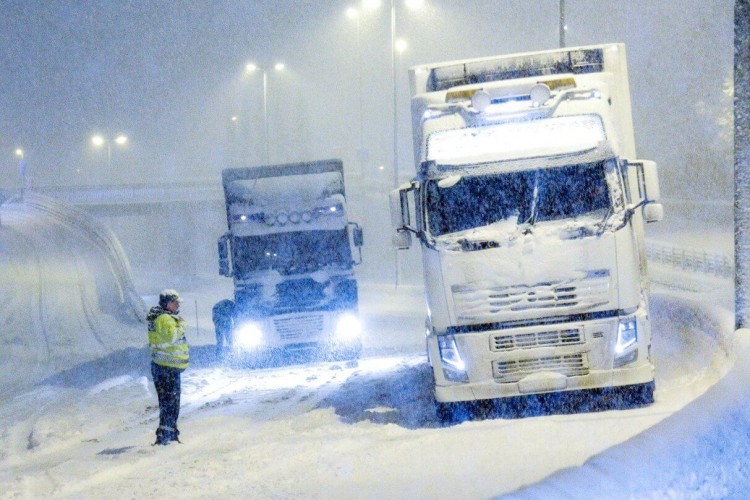An independent review of the Driver and Vehicle Licensing Agency (DVLA) has been launched to ensure that it can continue to provide excellent customer-focused digital services to keep drivers and vehicles on the road simply, safely and efficiently, the Department for Transport announced on Wednesday.
 The review, which will be led by Janette Beinart, non-executive director of the Cabinet Office and National Highways, and previously Vice President and Global Chief Information Officer at Shell International, will assess DVLA based on the four pillars of efficiency, efficacy, accountability and governance.
The review, which will be led by Janette Beinart, non-executive director of the Cabinet Office and National Highways, and previously Vice President and Global Chief Information Officer at Shell International, will assess DVLA based on the four pillars of efficiency, efficacy, accountability and governance.
The review is expected to make recommendations on how DVLA can improve its services, including how it can become more digital and efficient. This could mean that drivers will be able to access services more easily and quickly, and that DVLA will be able to better tackle vehicle tax evasion.
DVLA is responsible for maintaining the correct registration and licensing of millions of drivers and vehicles, as well as collecting £7 billion in vehicle excise duty (VED) annually on behalf of HM Treasury. It is also a net contributor to government finances, raising more than £260 million in 2022-23 for HM Treasury and the Department for Transport (DfT) through the sale and processing of personalised registrations and transfers. Commenting, Roads Minister Richard Holden said:
“DVLA plays a crucial role in making sure drivers and vehicles can get around legally, safely and with confidence. This review will help us understand how the DVLA can continue to grow from strength to strength and how we can support it to become more digital to efficiently serve the increasingly digitally savvy driver.”
DVLA Non-Executive Chair, Lesley Cowley OBE, added:
“Our customers remain at the heart of everything we do at DVLA and we welcome this review as an opportunity to highlight our commitment to delivering world-class services, our role in keeping Britain’s roads safe, and the continued hard work and dedication of our over 6,000 staff.”
The review is expected to conclude this winter.






